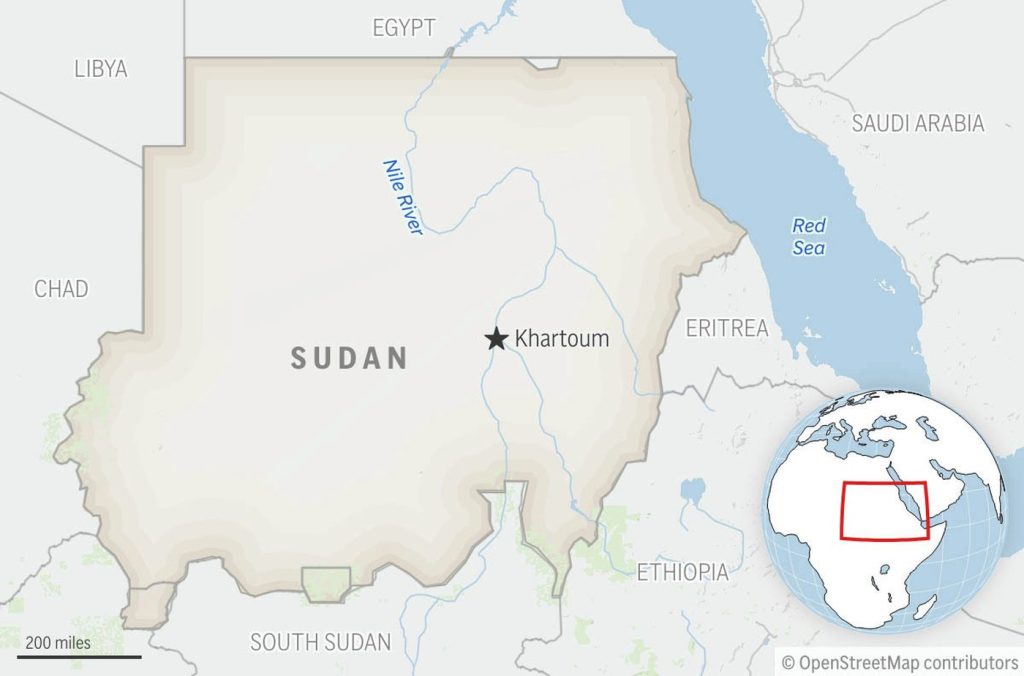CAIRO (AP) — On Monday, Sudan's army chief announced the appointment of Kamil al-Taib Idris as the first prime minister of the country since it descended into civil war two years ago. This decision comes after months of military advances against the Rapid Support Forces (RSF), the paramilitary group involved in the ongoing conflict. The military's increased control over Khartoum, which they regained in March, has further solidified the generals’ position, prompting a move towards establishing a transitional government.
The civil war in Sudan erupted in April 2023 when the Sudanese Armed Forces and the RSF turned against each other in a power struggle, leading to widespread violence that has spread from Khartoum to various regions of the country. The conflict has resulted in the death of at least 20,000 people, with estimates suggesting that the real toll may be significantly higher. The humanitarian situation continues to deteriorate, with approximately 13 million people displaced from their homes, of which 4 million have sought refuge in neighboring countries. Furthermore, half of Sudan's population of 50 million faces severe hunger.
The last prime minister, Abdalla Hamdok, resigned in 2022 amid a political deadlock and significant pro-democracy protests that swept across the nation. Idris's appointment is perceived as a crucial step towards reviving civilian-led governance and addressing the political crisis that has engulfed Sudan. Journalist and political analyst Osman Mirghani commented that Idris's chances of being accepted by various segments of Sudanese society appear to be higher, even among RSF supporters, given his lack of political affiliations.
In a significant development, the RSF and its allies signed a charter in February in Nairobi, Kenya, aimed at establishing a parallel government. This charter advocates for “a secular, democratic, and decentralized state,” reflecting the increasing calls for autonomy from Khartoum by Sudan's diverse communities. Kamil al-Taib Idris, who previously served as Sudan’s legal adviser in its U.N. mission, is also a member of the U.N. International Law Commission, as mentioned in his social media profile.
The political landscape in Sudan continues to be volatile, and the choices made by Idris in forming the transitional government will be closely scrutinized. His leadership may play a pivotal role in navigating the persistent crisis and restoring stability amidst the ongoing humanitarian emergency.











